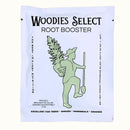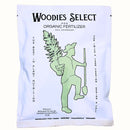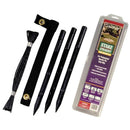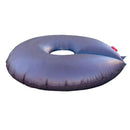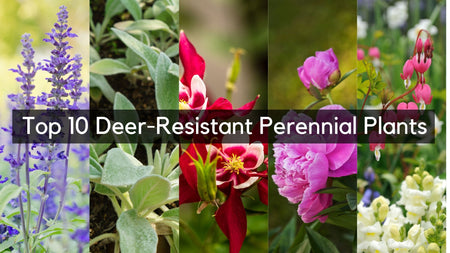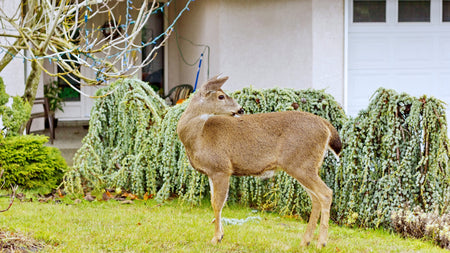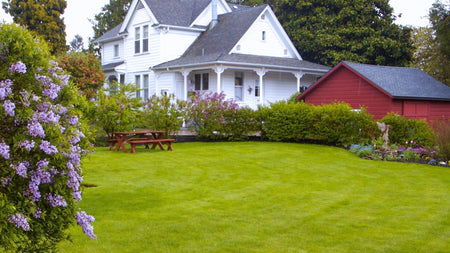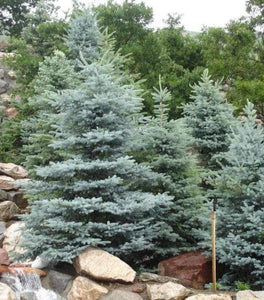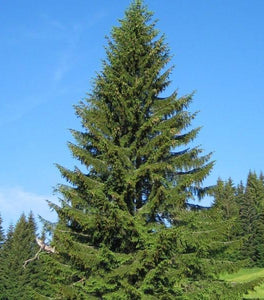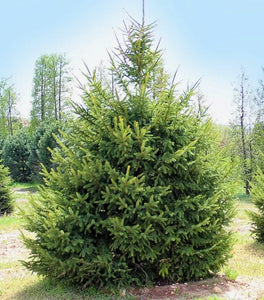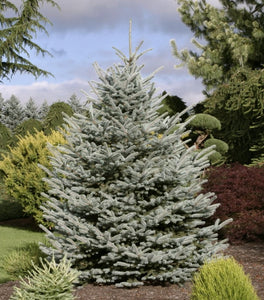
Images Depict Mature Plants
Dwarf Alberta Spruce – Compact Evergreen Tree for Entryways, Containers, and Landscapes
A classic evergreen for formal landscapes and small gardens.
The Dwarf Alberta Spruce (Picea glauca ‘Conica’) is one of the most popular compact evergreens in American landscapes. With its dense, pyramidal growth habit and rich green needles, this dwarf spruce adds structure, elegance, and year-round beauty to gardens of any size. Its naturally symmetrical shape makes it a favorite for formal gardens, foundation plantings, and container displays.
Perfect for entryways, patios, and containers.
Growing just 8–10 feet tall and 4–5 feet wide over many years, Dwarf Alberta Spruce is slow-growing and ideal for tight spaces, borders, or flanking walkways. Many homeowners plant it in urns or decorative pots at front doors or patios, where its evergreen foliage provides a welcoming, classic look all year long. Unlike fast-growing shrubs, it won’t quickly outgrow its spot, making it a reliable long-term choice.
Cold-hardy and adaptable.
Native to northern climates, Dwarf Alberta Spruce is cold-hardy to USDA Zone 2 and thrives as far south as Zone 7. It performs best in full sun and well-drained soil, tolerating harsh winters without losing its structure or evergreen color. Its durability makes it one of the best low-maintenance compact evergreens for a wide range of climates.
Low-maintenance elegance for decades to come.
Once established, Dwarf Alberta Spruce requires very little care—only occasional watering during dry periods and light pruning if desired. Its slow growth rate (just a few inches per year) ensures it will hold its neat, conical shape without constant trimming. If you’re looking for a versatile evergreen shrub with timeless appeal, the Dwarf Alberta Spruce is one of the best investments you can make for your landscape.
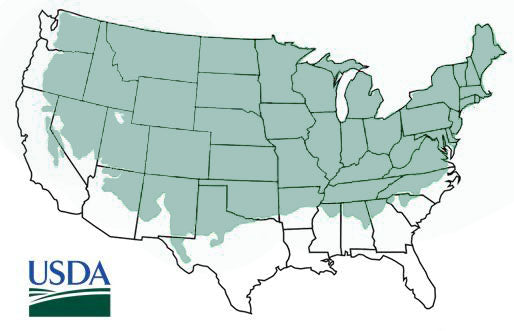
| Hardiness Zone: | 2-7 |
|---|---|
| Mature Height: | 8 to 10 Feet |
| Mature Width: | 4 to 5 Feet |
| Classification: | Conifer / evergreen |
| Sunlight: | Partial to full sun |
| Habit: | Densely branched, cone-shaped |
| Foliage: | Dark green |
| Flower Color: | Inconspicuous |
| Pruning Season: | Prune in late spring to maintain shape |
| Soil Condition: | Any well-drained soil |
| Water Requirements: | Water well until established |
| Uses: | Extremely attractive when used as in the mixed border, foundations, or planted in mass |
How to Care for Dwarf Alberta Spruce
Before you buy a Dwarf Alberta Spruce Tree, make sure to read about the recommended care instructions to keep this plant healthy and thriving.
How do I plant Dwarf Alberta Spruce trees?
Choose a sunny location with well-draining soil. Dig a hole twice as wide as the root ball but only as deep, and place the tree so the crown is level with the soil line. Backfill halfway, water thoroughly, then finish filling the hole and water again. Apply a 2–3 inch mulch layer around the base to conserve moisture, keeping mulch away from the trunk. For container planting, select a pot one size larger than the root ball with drainage holes. Use high-quality potting soil, and position your Dwarf Alberta Spruce in full sun to partial shade for best performance.
How often should I water Dwarf Alberta Spruce?
Water regularly during the first year to help establish a strong root system—typically once a week, or more often in hot or dry weather. The soil should remain evenly moist but never soggy. Once established, Dwarf Alberta Spruce is relatively drought-tolerant and only needs supplemental watering during extended dry periods. In containers, check moisture more frequently, as pots dry out faster than in-ground plantings.
When and how should I fertilize Dwarf Alberta Spruce?
Fertilize in early spring with a slow-release evergreen fertilizer to promote lush, healthy growth. Spread evenly around the root zone and water thoroughly after application. Container-grown Dwarf Alberta Spruce may benefit from a second light application in midsummer, but in-ground trees typically thrive with just one annual feeding. Avoid late-season fertilization, which can encourage tender growth vulnerable to frost.

Does Dwarf Alberta Spruce need pruning?
Dwarf Alberta Spruce naturally maintains a neat, pyramidal form and rarely requires pruning. If desired, you can lightly trim stray branches in late spring or early summer to keep its shape extra tidy. Avoid heavy shearing or cutting into old wood, as spruces do not regrow from bare branches. With its naturally compact form, pruning is usually optional rather than necessary.










